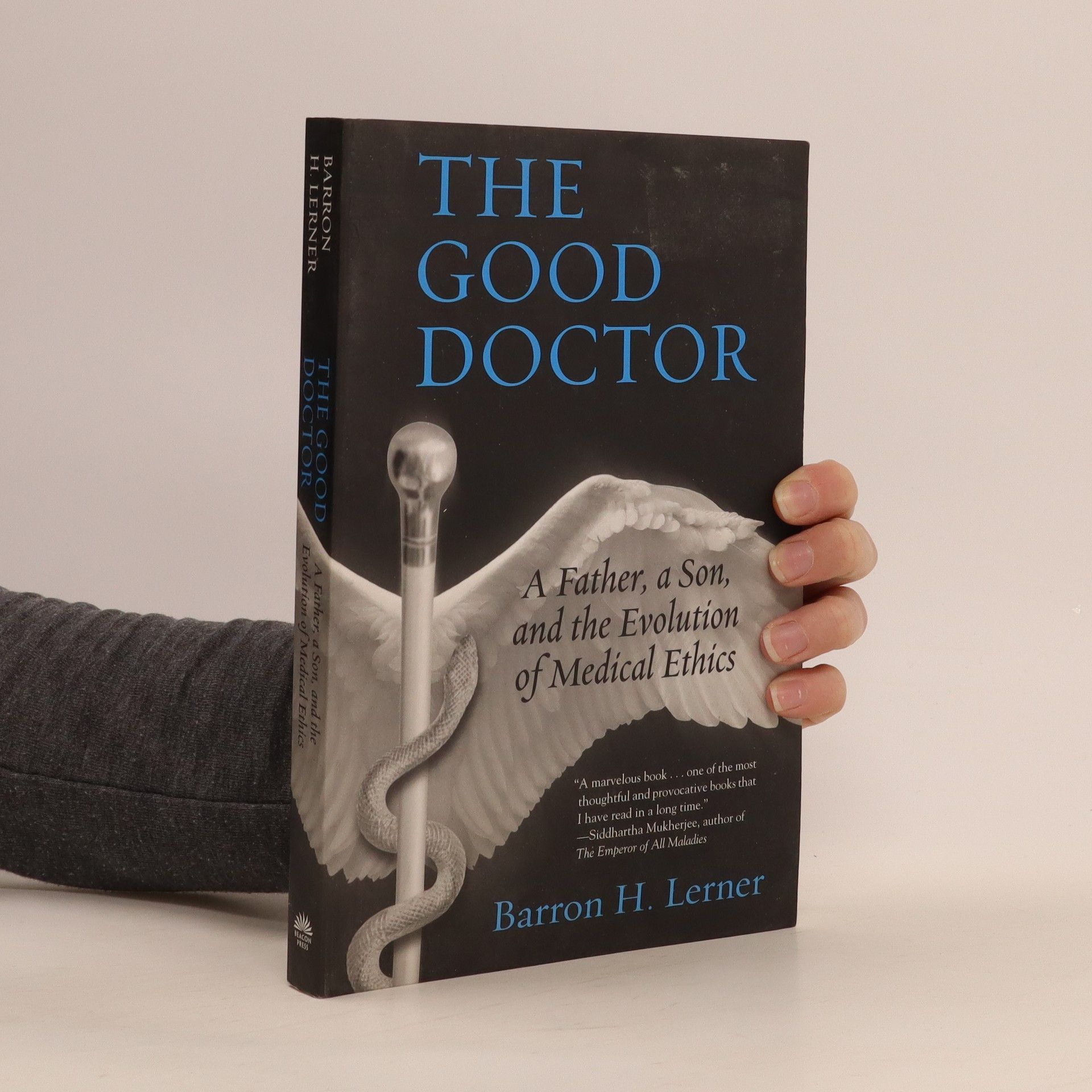The good doctor. A father, a son, and the evolution of medical ethics
- 240pages
- 9 heures de lecture
Barron H. Lerner explore les questions éthiques complexes de la médecine et l'évolution des perceptions du traitement au fil de l'histoire. Son travail examine la tension entre l'espoir et la peur dans la recherche médicale et la quête de remèdes. Lerner analyse le développement de l'éthique médicale, réfléchissant à ce que signifie être un bon médecin. Son écriture est informée par sa vaste expérience à la fois en tant que médecin et historien.
